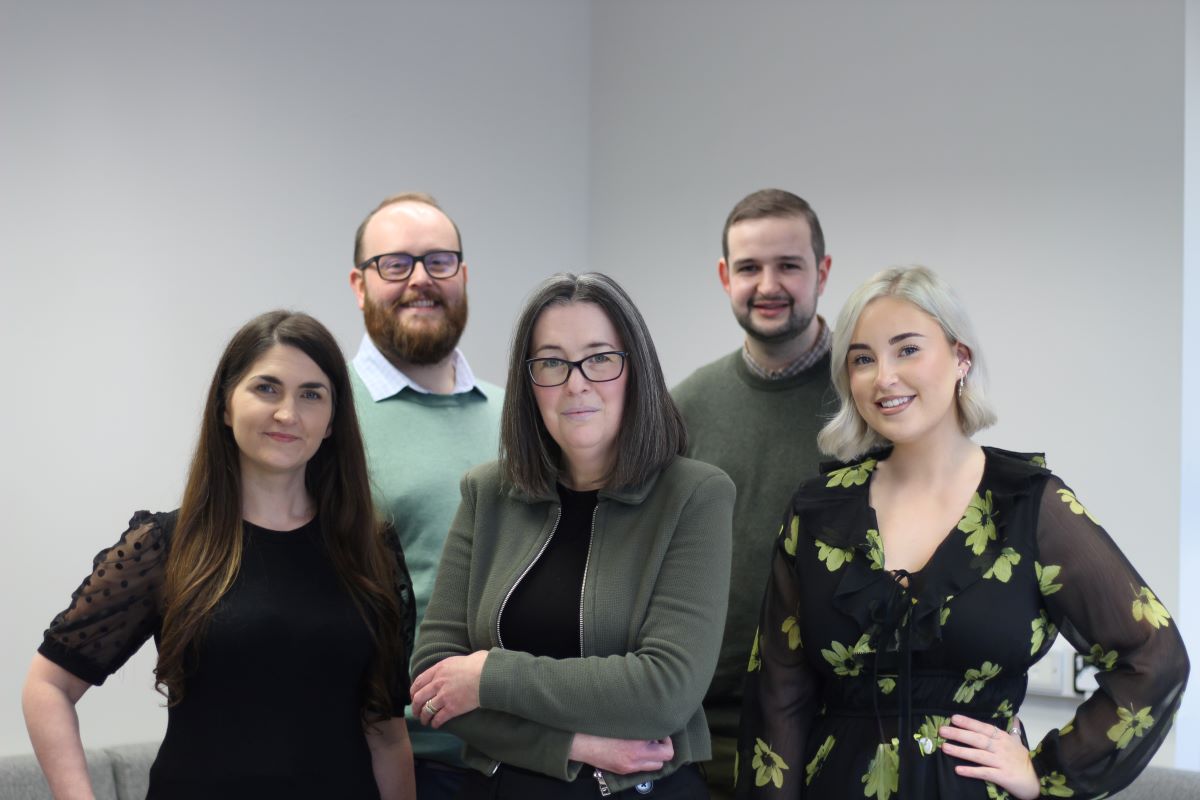A wider range of STEM subjects in school could raise awareness of the variety of careers available in the tech sector.

As the UK celebrates National Careers Week (04-9 March 2024), one of the UK’s leading testing services providers believes that a wider range of STEM subjects should be mandatory for children in primary school and early secondary school years. That’s because the reality is that today’s generation of schoolchildren will likely be working in jobs that haven’t been invented yet.
nFocus Testing, a firm that specialises in automated testing services, believes that any push for interest in subjects such as computer science, engineering, statistics, artificial intelligence, robotics and cybersecurity comes far too late in the curriculum. Most students won’t come across these topics until they start to choose their GSCE or A-Level options. By that time, it may be too late for some people to register an interest in the types of careers that are available within these subject areas.
The company believe that future career choices for young people will be heavily based on these STEM topics, so it is essential that schools act now to prevent the current digital skills gap from widening further.
Ryan James, Managing Director of testing services provider nFocus Testing, says:
“Right now, we’re already seeing how changes in technology have exceeded the skills capabilities of the workforce. Today’s school children and students will be growing up with these technologies as standard. The AI and machine-learning genie is effectively out of the box, so rather than turn people away from the latest technologies, we need to actively teach young people how to use them as well as help them discover what career opportunities those technologies may lead to.”
nFocus Testing know better than anyone how important it is for young people to embrace new technologies and work in newly-created job roles. Two years ago the firm created an innovative test automation academy for computer science graduates specifically to overcome a national skills shortage.
Ryan says:
“One of the things we’ve discovered through intensive market research is that there’s a really narrow perspective of what careers are available within the tech sector. There’s a belief that technology-related careers are only suited to those who excel in maths and science, without realising that creativity and imagination are hugely important parts of what is needed for new tech to flourish.”
“For example, in our sector alone, there are some incredibly talented software engineers who may be stronger at the development side of the work, than the creative thinking or code-writing side. Ideally, we love to see a mix of both attributes because they are the skills that today’s workforce needs to create and develop automated test processes. That’s why we launched our test automation academy to help build that bridge between mechanical skills and creative thinking and its proving to be hugely successful. We’ve supported 40 graduates through the process so far, helping them to learn the skills they need, before moving into paid employment.”
Ryan believes that National Careers Week provides an opportunity to speak directly with younger generations about how technology is now seamlessly blending imagination with technical know-how.
He concludes:
“Careers in tech are not just for scientifically-minded people or those who excel in maths. That’s why we need to bring a greater variety of STEM-related subjects into schools to be able to explain to today’s younger generations how technology seamlessly integrates with creativity and vice versa. There are some great careers available right now in the tech sector, and they will always be in demand, even if they do change before today’s generation of children enter the workforce. I want to see National Careers Week used as an opportunity to open up new conversations and change the way we think about technology, especially for young girls who should be supported to consider what transferrable skills they have that could flourish within the tech sector.”
nFocus Testing specialise in automated testing and quality assurance processes. This is where businesses can use automation tests to check that new software solutions are being developed and installed correctly without any unknown errors or vulnerabilities emerging. Without automating that process, digital teams (perhaps consisting of IT engineers, software engineers, developers, etc.) may inadvertently spend more time testing and re-testing a piece of software functionality, preventing them from moving on to the next stage of the installation.
For more information, please visit nfocus.co.uk











Responses